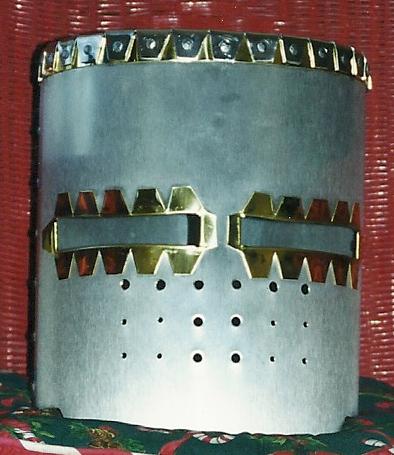
Homophones Hurt Your Writing: Ware, Wear, Weir and Where
Welcome to this edition of Words For Thought. Like many of the previous blogs we are looking at homophones. Words that sound the same but have different spellings and meanings.
As the Hyper-Speller at Word Refiner, I understand how important it is to have an error free manuscript. With over 40 years of experience, I have found that homophones give almost every writer fits and difficulties. Because we sound words out in our mind, it is easy to write the wrong word. The correctly spelled word in the wrong context will not be flagged by most spell-checkers. The Hyper-Speller at Word Refiner is dedicated to uprooting all of these hidden errors and providing your document free of spelling errors that you want and deserve. I find these invisible spelling errors in 95% of published books.
Now onto today’s episode, number seven in an ongoing series!
Three of these four words are in pretty common usage for people. One is used in the names of stores or places. The fourth word is quite limited in use, it has a very specific meaning. They have a common ancestry from Old English and Germanic roots. These words have been with us for a long time. I do not see that changing anytime in the near future.
Ware is a word that may not seem familiar at first glance. But it is widely used in different forms, it has three main definitions; so let’s look closer. Pottery ware can be bought at many places, it can be used to contain food or other items. There is also crystal ware, dinnerware, and others. This refers to things of a specific type or use. Items offered for sale are stored in a warehouse. These are noun forms.
We are often admonished to be on guard, be aware, or most commonly beware. It means we are to take care and observe what is happening, be careful. Especially when using free Wi-Fi, beware of doing any banking.
Ware has an archaic form also. The archaic form has the idea of being cognizant of your surroundings and events.
Wear is such a common word, we do not even give it a second thought, but it also has multiple definitions and used as noun and verb, depending on the context. Primarily a verb, having to do with clothing, personal decorations and styles. What are you going to wear to the party? We wear clothing, hats and tattoos. We wear or adopt certain hairstyles. He always wears a scowl, nobody ever sees him smile.
The secondary verb form refers to damage or destruction cause by rubbing or erosion of some type. Because the parking brake was left on while driving, there was considerable wear on the brake shoes. It can also be used in a positive sense. The front door mat is wearing well because everyone uses the back door.
Functioning as a noun, the things we have or will have on. Business Casual wear is necessary for this lecture and lunch. I think that black suit will be great evening wear for the party.
Weir is the most unusual of these homonyms. It has a very limited and specific use. Dam or fence. It is a noun and refers to a low dam to control flowing water, or it is a style of fish trap in the water; it looks like a fence.
Where is an adverb. It refers to a position, perspective or point of view. It can be part of a question or a declaration, it is widely used and has been for a long time. Where would we be without adverbs? Where did he get that car? Where do you plan on getting the financing? This is where I live. Sit where I can see you both. Having met his family, I can see where he got his smarts.
There they are, four words with identical sounds, unrelated history and definitions. If you choose the wrong word the reader will feel like they hit a spot of turbulence while flying in your book. Do all in your power to preserve the flow of imagination you worked so hard to construct. Do not give your readers a reason to close your book. Use Word Refiner, beta readers, critique partners, proofreaders and editors to be certain your work is error free and as smooth as possible.
Thanks for stopping by, I hope you enjoyed this issue of Homophones Hurt Your Writing. Follow me on twitter: @wordrefiner, for more alerts about hazardous homophones search for #HomophonesHurtYourWriting on twitter. Don’t forget the free offer for writers under the “Learn More” tab on my website. I offer another service at a great value, see the “Review Your Book” tab.
quadruple homophones
Remember: Words Have Meaning and Spelling Makes a Difference.
